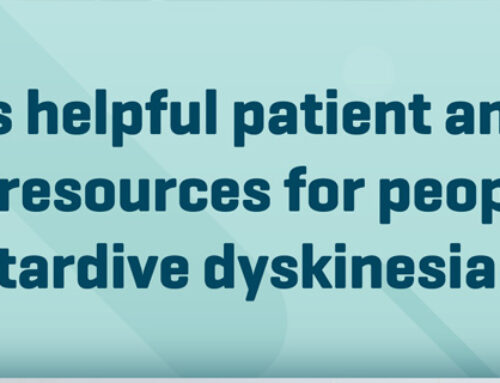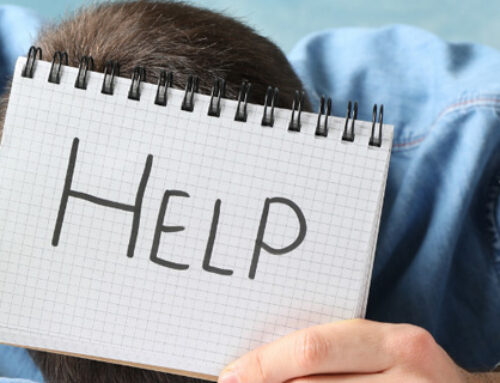The statistics are clear. Because of lack of affordable treatment options, many people in mental health crisis end up not in meaningful treatment, but in jail or prison. 60% of those in North Carolina prisons have behavioral health conditions, with only 1 in 5 getting the treatment they need.
Once an incarcerated person is released, his or her chances of reentering society successfully are helped immeasurably by the social determinants of health (a stable income, employment, food security, access to health care, and others).
Medicaid expansion, were it adopted, would not only provide health insurance to 600,000 North Carolinians, many of whom have been incarcerated, but it would also allow money to be shifted to diversionary programs that provide meaningful care to those with mental health conditions and substance use problems.
To read more about this, click HERE.





